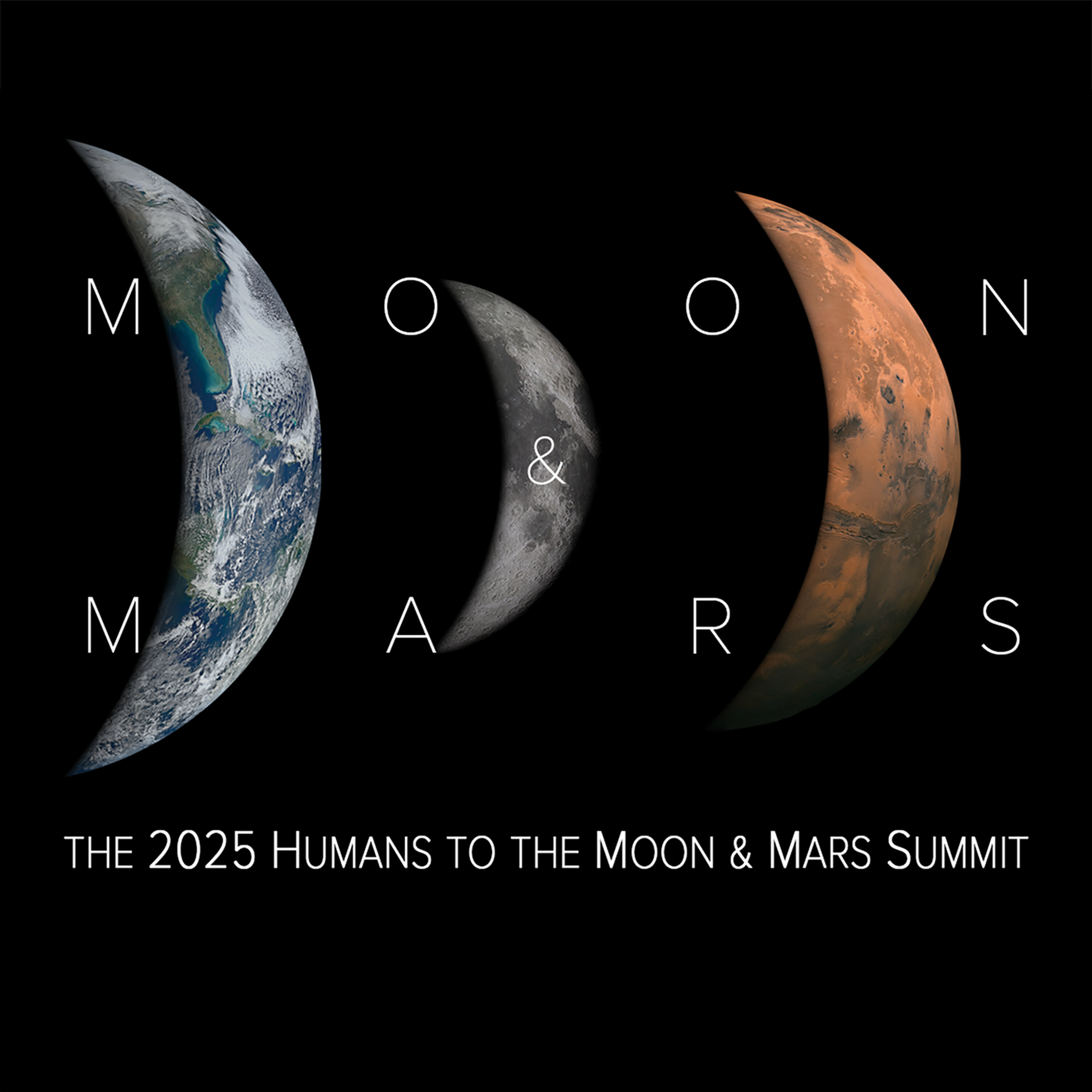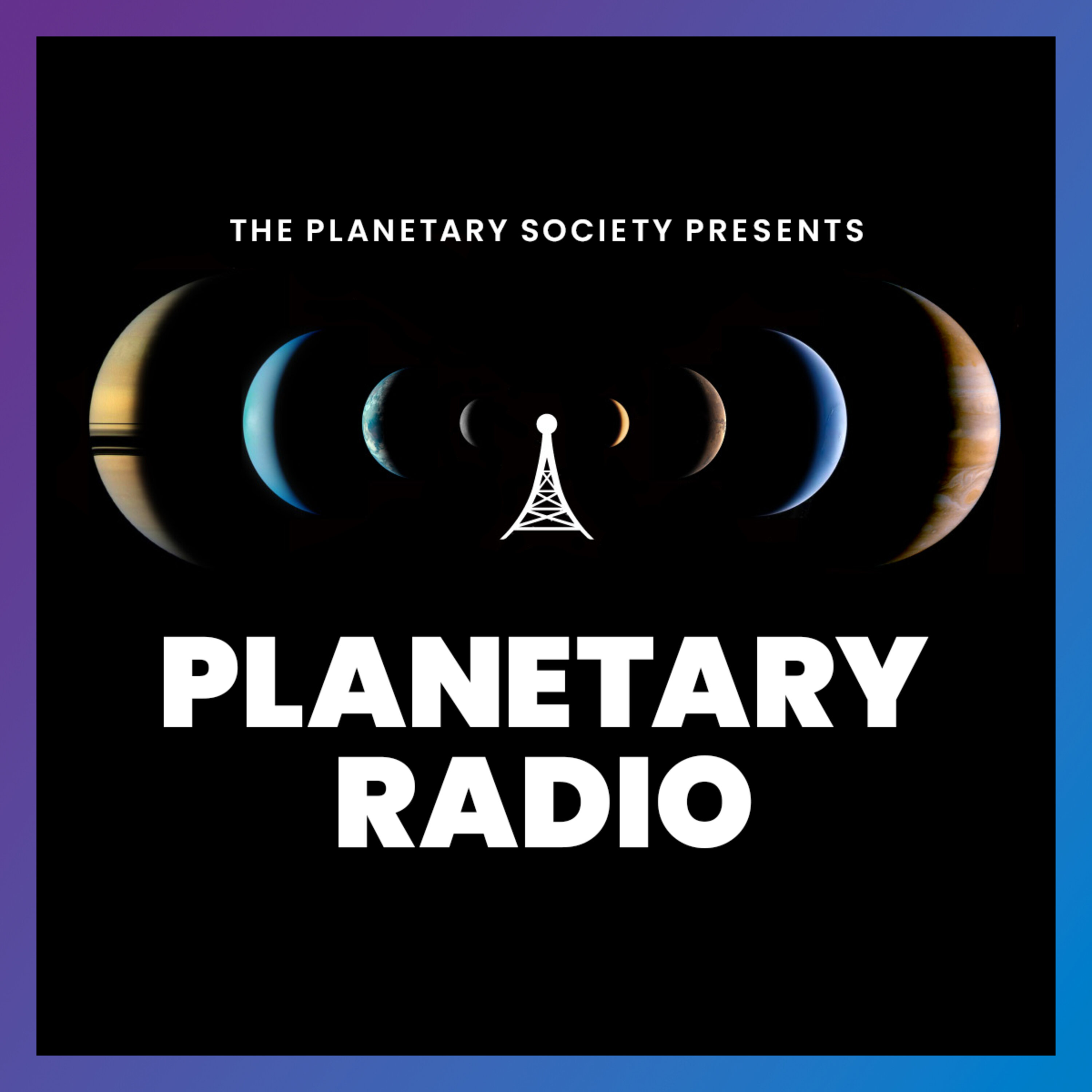
Space science and the Artemis Accords: Highlights from the 2025 H2M2 Summit

Planetary Radio: Space Exploration, Astronomy and Science
Deep Dive
- Proposed budget cuts could significantly reduce funding for planetary science, potentially canceling missions like Mars sample return.
- Space science drives innovation and strengthens international partnerships.
- The importance of research and analysis (RNA) programs in supporting scientific discovery and technological development is highlighted.
Shownotes Transcript
Recorded at the 2025 Humans to the Moon and Mars Summit (H2M2) in Washington, D.C., this episode features two powerful conversations about the future of human space exploration. Hosted by Mat Kaplan, senior communications adviser at The Planetary Society, these panel discussions explore the scientific and diplomatic foundations guiding humanity’s journey beyond Earth.
The first panel, Space Science: A Vital National Interest, features James Green, former NASA chief scientist and chair of the Explore Mars advisory board, James Garvin, chief scientist at NASA Goddard Space Flight Center, Britney Schmidt, astrobiologist and associate professor at Cornell University, and John Mather, Nobel Prize–winning astrophysicist and senior scientist for the James Webb Space Telescope. They discuss how space science drives innovation, strengthens U.S. national priorities, and deepens our understanding of the universe, especially in the face of proposed funding cuts.
In the second panel, Artemis Accords: International Collaboration in Deep Space, Mike Gold of Redwire, Marc Jochemich of the German Aerospace Center (DLR), Adnan Mohammad Alrais of the Mohammed bin Rashid Space Centre, and Sohair Salam Saber of The Hague Institute for Global Justice explore how diplomacy and shared values are shaping global participation in lunar exploration. The conversation also highlights the Washington Compact, an effort to bring shared values and responsible behavior in space to commercial companies and other non-governmental organizations.
We wrap up the show with a new What’s Up segment with Bruce Betts, where we talk about what could happen if the Gateway lunar space station is canceled, and how that would impact humanity’s dreams for Mars.
Discover more at: https://www.planetary.org/planetary-radio/2025-H2M2)
See omnystudio.com/listener) for privacy information.